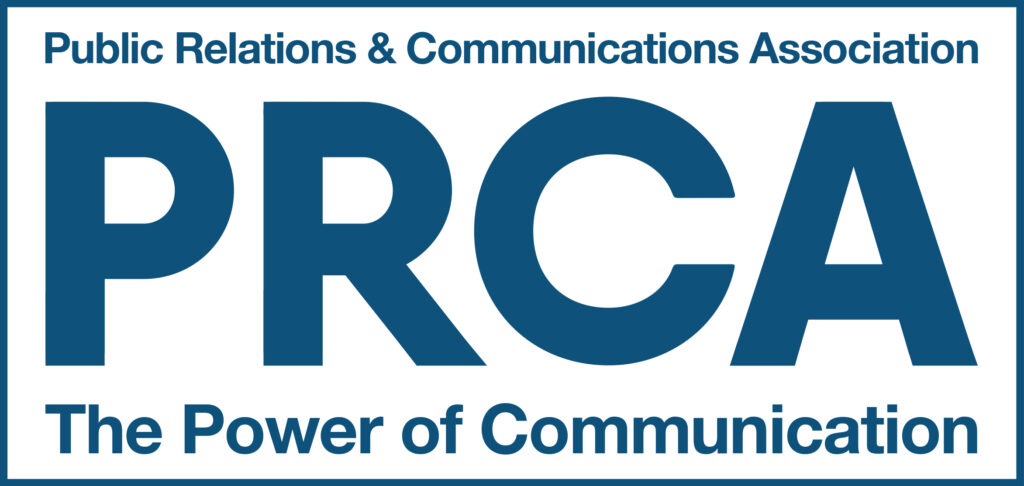Call us now to discuss your PR & Marketing needs
01483 537 890
Alternatively, email us at
hello@brookscomm.com



Michael is our lead for digital marketing and responsible for developing strategic marketing
Michael is our lead for digital marketing and responsible for developing strategic marketing
Michael is our lead for digital marketing and responsible for developing strategic marketing that brings together communications and brand content across paid, earned, shared and owned media for brookscomm and its clients.
As a commercially astute professional with over 25 years of experience in marketing and PR, Michael uses an analytical approach to assess and optimise campaigns to meet KPIs. He is a digital advertising expert, planning and managing successful, cost-efficient campaigns on platforms such as Amazon, Google, Facebook, LinkedIn and Twitter.
A talented and adaptable writer, Michael produces clear marketing briefs and customer centric marketing and PR content across various formats, helping the business to deliver its integrated services.
Michael is committed to continuous development, earning professional and postgraduate digital marketing diplomas. He was also previously a committee member of the Surrey CIM (Chartered Institute of Marketing).